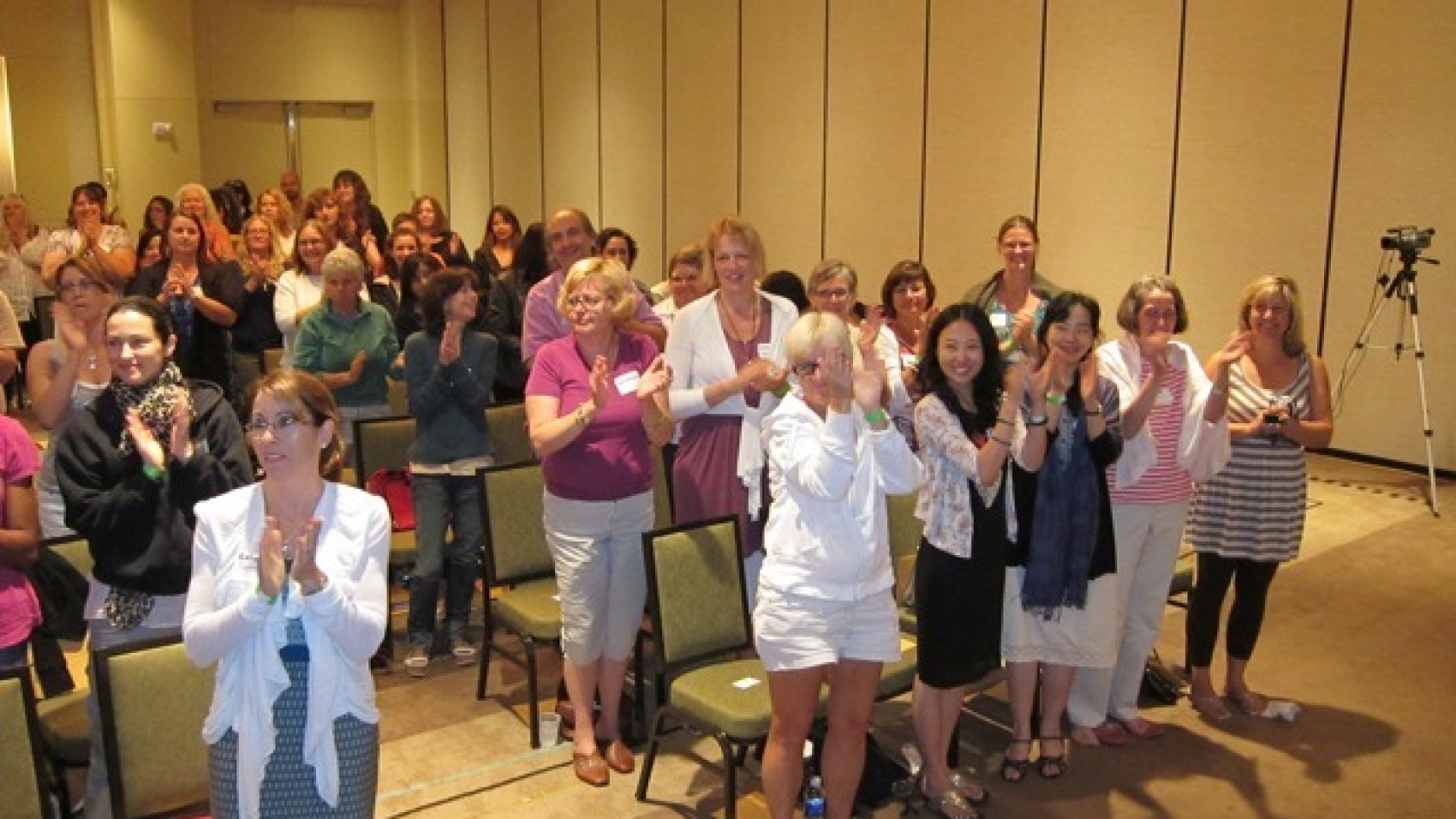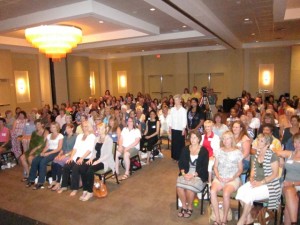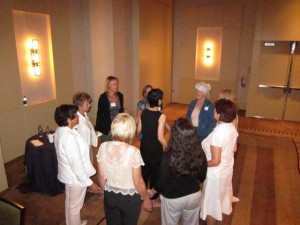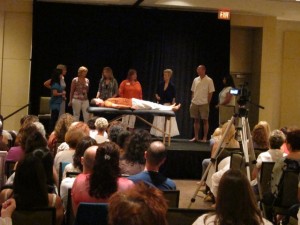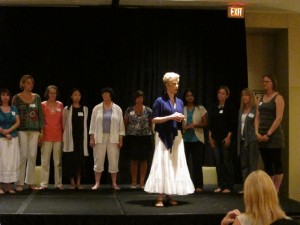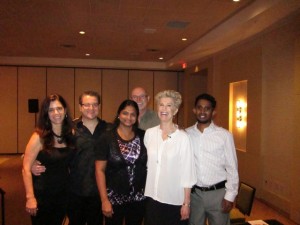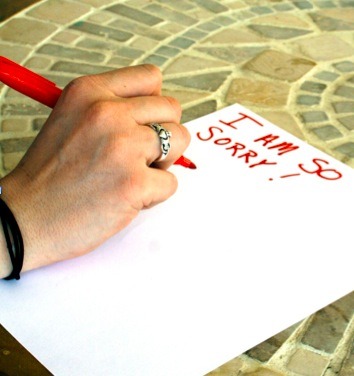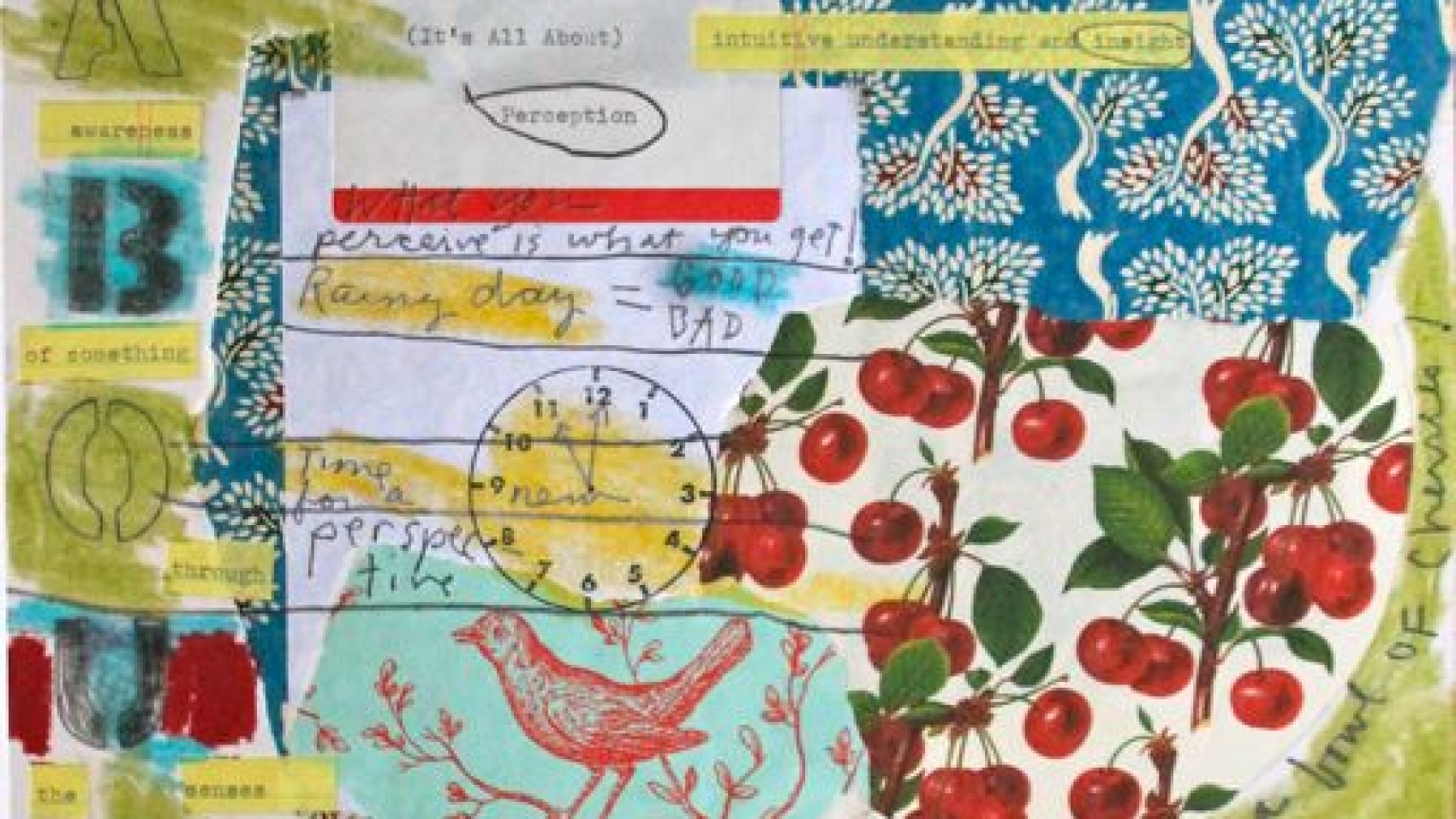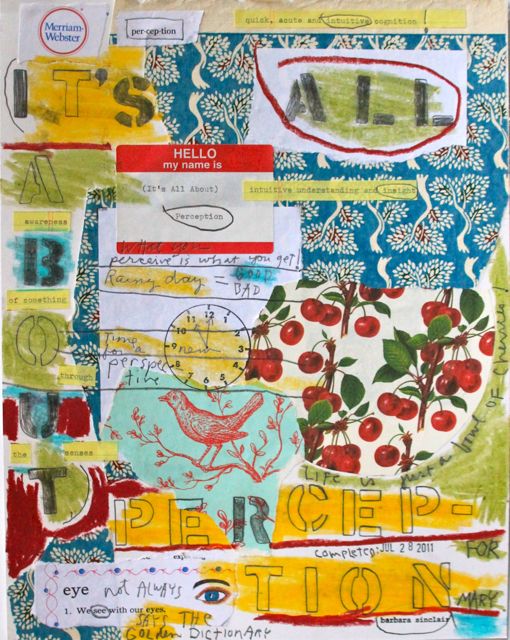Clear Skies Ahead
In California, where I live on occasion, the earth shakes periodically, and fire scorches our “golden” hills. On the East Coast, wind and water have been the elements of destruction lately. We tend to forget about the power of Mother Nature until she grows fierce and threatens our usual way of life.
Irene brought us back to reality. The name Irene comes from Greek mythology, where she is the Goddess of Peace. Tell that to the folks who have had to abandon whole towns and communities near overflowing rivers and streams. This peaceful lady did something no one has ever been able to do before: totally shut down New York City mass transit and mandated the evacuation of hundreds of thousands of people from low-lying areas. The “better safe than sorry” refrain is only heard, it seems, when disaster is imminent, not in the planning stages before we build our homes and businesses in flood or fire zones, or sitting on top of major earthquake faults.
Many of us were glued to the Weather station or to our favorite news programming for days as we watched Irene crawl up a thousand miles of coastline. There’s a part of us that loves to watch Mother on a rampage, as long as we’re not the ones directly in her path. It awakens the desire to break free of all restraints, to go wild, to throw dishes and break windows, to dance in the wind and wash away complacency in a roaring flood.
We forget that we, too, are governed by the same elements as nature: fire, air, space (ether), earth, and water. Millennia ago, the seers of ancient India recognized this fact when they created the first medical system, Ayurveda, which is based on balancing the elemental energies, called doshas: vata is air and space, pitta is fire and water, and kapha is water and earth. Ayurvedic practitioners understand what aggravates each dosha, and what food and lifestyle choices can bring it back into balance. Ayurveda also has a regime for purification, called panchkarma, that eliminates toxins from the system.
Natural “disasters” are purification on a big scale. The old gets swept away, bringing the opportunity to reevaluate the strength of infrastructure and the health of our governing bodies. They bring out bravery—like risking electrocution to save a child—and compassion for the victims. They unite us as we work together to save a city or rebuild what has been wrecked. There’s no one to blame—no terrorists, no evil megalomaniacs. Just an acceptance of what is beyond our control and an understanding of what must be done. Not a bad lesson to remember when the skies clear.


